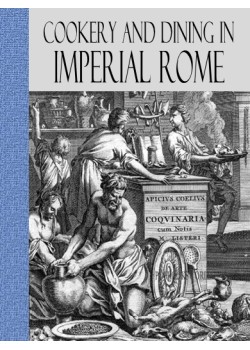

The infusing or cooking the raisins into the wine should impart their unique flavors into it.

The red port wine was used because it is a very sweet wine to begin with. įor a quick version, combine wine and raisins in sauce and place on low heat reduce liquid by one half. Remove raisins from the wine, the resulting liquid is used a substitute for Passum. " Since I wanted to more closely approximate the original flavor my solution was as follows:Ĭombine wine and raisins in a jar with a secured lid. In the Flower and Rosenbaum translation: "Instead of passum we have used very sweet Spanish wine, being aware, of course, that this wine provides only the sweetness required, but not the original flavour. The recipe below is my attempt to make a reasonable substitute for Passum, without the time commitment involved with the wine making process. These recipes appeared to be similar to the making of wine, except that raisins were used instead. Palladius (XI, xix) even says that one can use it like honey." It goes on to give two recipes for passum. It is not only sweeter than defrutum, but has a different flavour. Like defrutum, it was used to sweeten sauces.

However, in "APICIUS The Roman Cookery Book" translated by Barbara Flower and Elisabeth Rosenbaum, there is a much more detailed description: "Another specially prepared cooking wine is the passum. In "APICIUS Cookery and Dining in Imperial Rome" translated by Joseph Dommers Vehling, it only mentioned passum in passing as a raisin wine. Passum is a raisin wine, which is supposed to be very sweet. In the earliest printed editions, it was most usually given the overall title De re coquinaria ("On the Subject of Cooking") and attributed to an otherwise unknown Caelius Apicius, an invention based on the fact that one of the two manuscripts is headed with the words "API CAE".Romans used to make several specialty wines for cooking, some of which are passum, defrutum, caroenum and sapa. Apicius is a text to be used in the kitchen. He is sometimes erroneously asserted to be the author of the book that is pseudepigraphically attributed to him. The name "Apicius" had long been associated with excessively refined love of food, from the habits of an early bearer of the name, Marcus Gavius Apicius, a Roman gourmet and lover of refined luxury who lived sometime in the 1st century AD, during the reign of Tiberius.

"A Bibliography, Critical Review and Translation of the Ancient Book known as Apicius de re Coquinaria."Particularly useful if you want to cook wild boar or dormouse :-)According to Wikipedia: "Apicius is a collection of Roman cookery recipes, usually thought to have been compiled in the late 4th or early 5th century AD and written in a language that is in many ways closer to Vulgar than to Classical Latin.


 0 kommentar(er)
0 kommentar(er)
